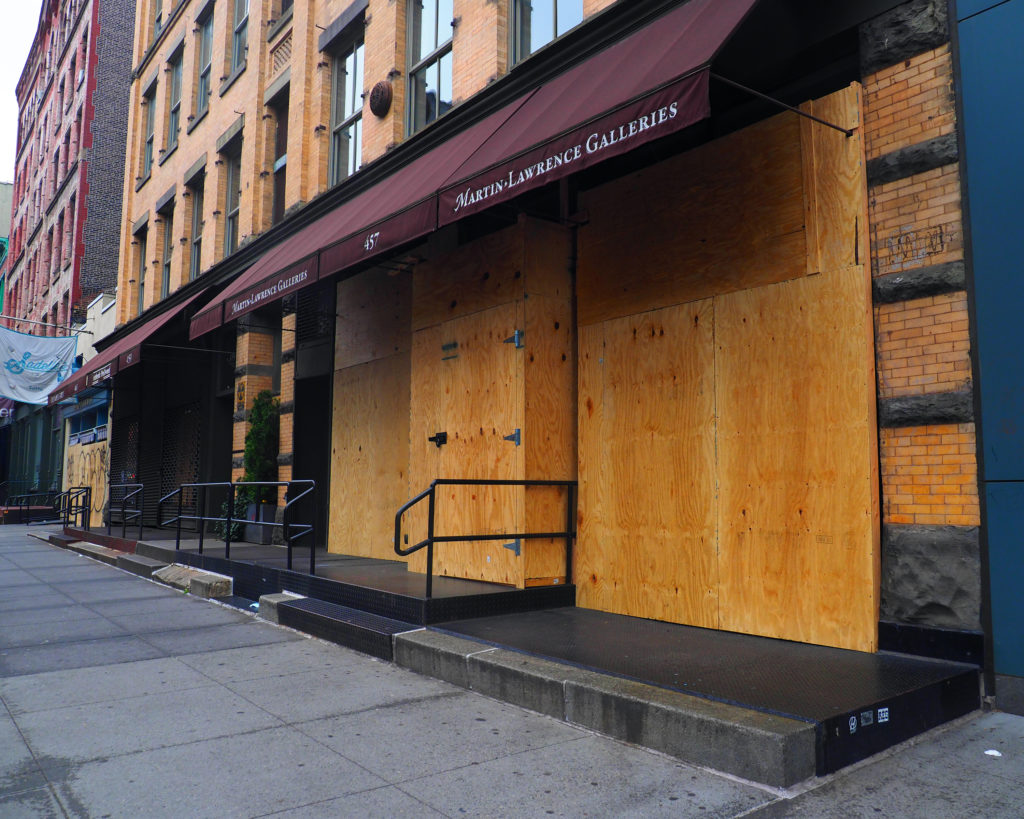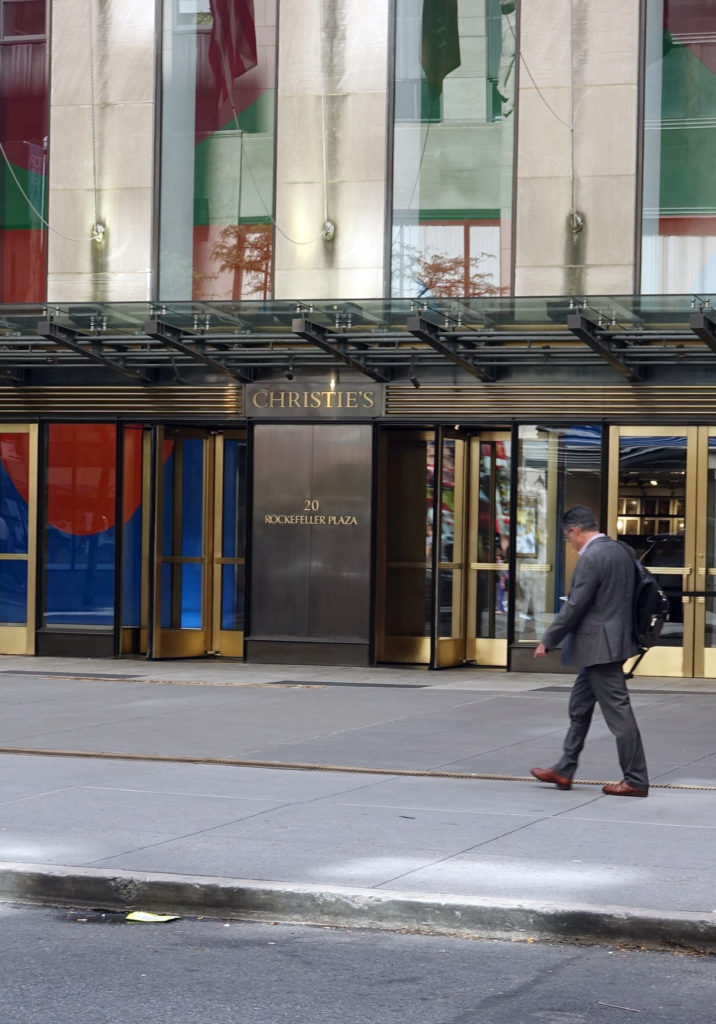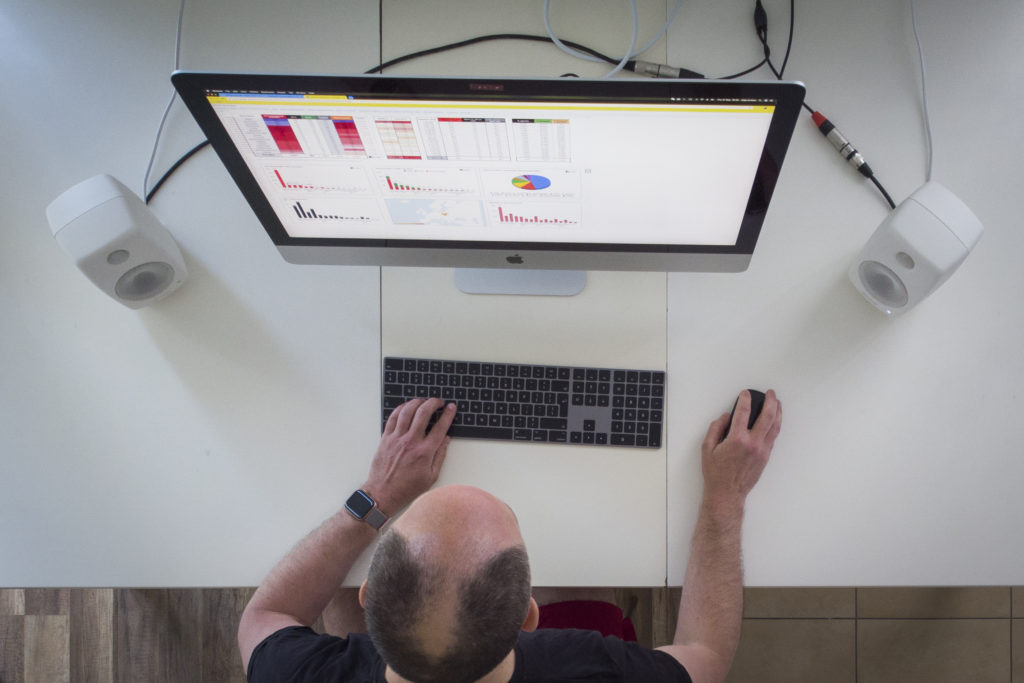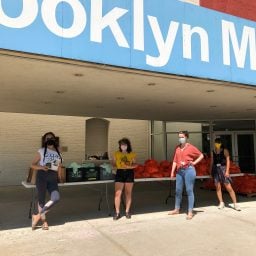Due to the devastating economic impact of COVID-19, more than 10,000 workers have reportedly been temporarily or permanently laid off in the US museum community in the past month alone, with thousands more let go from auction houses and galleries across the country. Here are some of the most frequently asked questions we have received from our clients and others regarding employment furloughs and firings.
My auction house furloughed several dozen of us and fired hundreds more. What’s the legal difference between the two?
With a furlough, your employer is temporarily stopping your employment (typically, without pay), but as a legal matter, you are still considered an employee. Although the auction house is free—absent an employment agreement to the contrary—to terminate you while you are on furlough, the expectation is that you will restart work at a later date. By contrast, being fired is forever and you are no longer an employee.
How long could my furlough last?
Good question. We have found no legal limitation on the duration of furloughs, so in theory you could be furloughed forever. As a practical matter, you will be “unfurloughed” if and when your employer wants to bring you back.
I was furloughed from my part-time gig as a museum educator, and I read that independent contractors like me are not eligible for unemployment benefits. Is that true?
That was the case until very recently. However, the newly enacted Coronavirus Aid, Relief, and Economic Security (CARES) Act offers emergency assistance to those affected by the coronavirus and, significantly, expands benefits to independent contractors, the self-employed, and others who can’t work because of the pandemic.

Martin Lawrence Gallery in Soho is boarded up during the coronavirus pandemic on April 17, 2020 in New York City. (Photo by Debra L Rothenberg/Getty Images)
Is the LA gallery that furloughed me required to pay for my accrued vacation?
Maybe. The good news is that California requires that all final wages, including accrued vacation, be paid at the time of “termination,” and the California Division of Labor Standards Enforcement (DLSE) has ruled that a temporary layoff constitutes a termination, except where the layoff does not exceed 10 days and the employee has a definite return date within the normal pay period. The bad news is that DLSE opinions are not binding on courts, so this issue may have to be litigated down the line.
I was covered by a group health plan by my New York gallery when I was furloughed. Will I still be covered during my furlough period?
It depends on the gallery’s benefit plan, but in our experience, a furloughed employee generally remains eligible for health insurance coverage (in contrast to a laid-off employee, whose benefits end on the date of termination). Even when furloughed or laid-off employees lose group health coverage, they may be able to keep the same coverage for a limited period under the federal statute known as “COBRA” or, in the case of businesses with fewer than 20 employees, a similar state law passed in New York. The rules governing COBRA are complicated, and people are often surprised at how expensive this coverage can be, since the cost usually includes the total premiums paid not just by the employee but also by the employer—plus a 2 percent administrative charge.
Could I take on work from a competing auction house “C” while on furlough from auction house “S”?
You may look for another job and, as a legal matter, are free to take on work from other employers while on furlough. But you should be careful not to violate a conflict of interest or loyalty policy with your current employer, or the specific provisions of any applicable employment agreement you may have signed. The terms of furloughs differ from employer to employer.

With its Rockefeller Center headquarters in Midtown Manhattan closed, Christie’s has moved its sales online. Photo: Alexandra Schuler/Picture alliance via Getty Images.
I run a well-known art publication and had to furlough some employees. I can still require them to check emails and respond to their voicemails, right?
Wrong. Your proposed actions could lead to violations of the Fair Labor Standards Act and state laws that require you to pay employees for their work. Tell your employees in writing that they are not to do any work for you while furloughed and, to be safe, temporarily disable their company email accounts and phone extensions.
I own a foundry for casting sculptures. Is it okay to furlough a disgruntled pregnant employee who has made numerous complaints about workplace conditions? She has long been a thorn in my side and it would be great to put her on ice.
Technically, you can furlough her—but in doing so, you might open yourself up to discrimination claims, since you could be perceived as improperly selecting a worker for furlough who is a member of a legally protected class. You can’t single out an employee for furlough based on race, sex, age, or certain other factors including—significantly, in your case—whether a worker has objected to workplace safety and/or who is pregnant. Employers should base furlough decisions on sound business reasons, and they must be consistently applied to all employees. As with all such employment matters, we also advise employers to carefully document their decision-making process.
I worked as an administrator for a big New Jersey museum where more than one-third of my colleagues and I were furloughed overnight. Isn’t there some federal law requiring the museum to give us advance written notice?
There is a federal law, but it may not apply here. Under the Federal Worker Adjustment and Retraining Notification (“WARN”) Act, most employers who have 100 or more full-time workers and who plan on furloughing at least 50 of them must provide at least 60 days’ advance notice of a “mass layoff.”
However, the WARN Act includes exceptions for layoffs or furloughs caused by “unforeseeable business circumstances” (arguably the case with COVID-19), in which case the employer is only required to provide “as much notice as is practicable.” Importantly, your employer must also comply with any state “mini-WARN Acts” (where the restrictions tend to be tighter than the federal WARN Act). But in your case, New Jersey currently recognizes COVID-19 as an exception to the notice requirements in its mini-WARN Act. Regardless of the applicable WARN laws, we advise our employer clients to give employees as much advance notice as possible so they can adequately prepare.
Enough legal talk. What’s an easy way to remember the difference between firing and furlough?
The bottom line is that if you are fired, the employer-employee relationship is totally over, but if you are furloughed you and your employer are more like friends without (most) benefits.
Thomas C. Danziger, Esq. and Charles Danziger, Esq. are partners in the New York firm Danziger, Danziger & Muro, LLP, specializing in art law. Go to danziger.com for more information. The authors thank Soo Min Lim for her research assistance. Some facts have been altered for reasons of client confidentiality or have been made up out of whole cloth. Nothing in this article is intended to provide specific legal advice.










